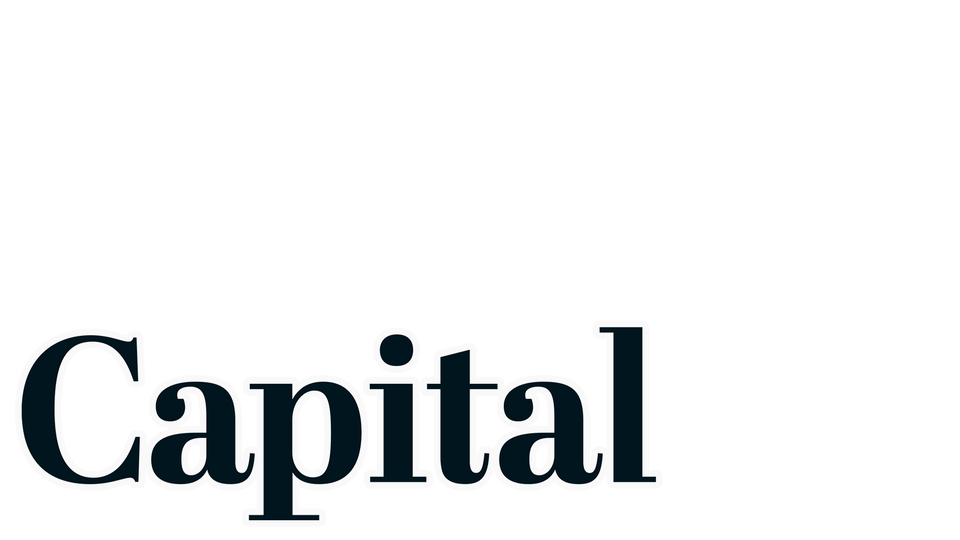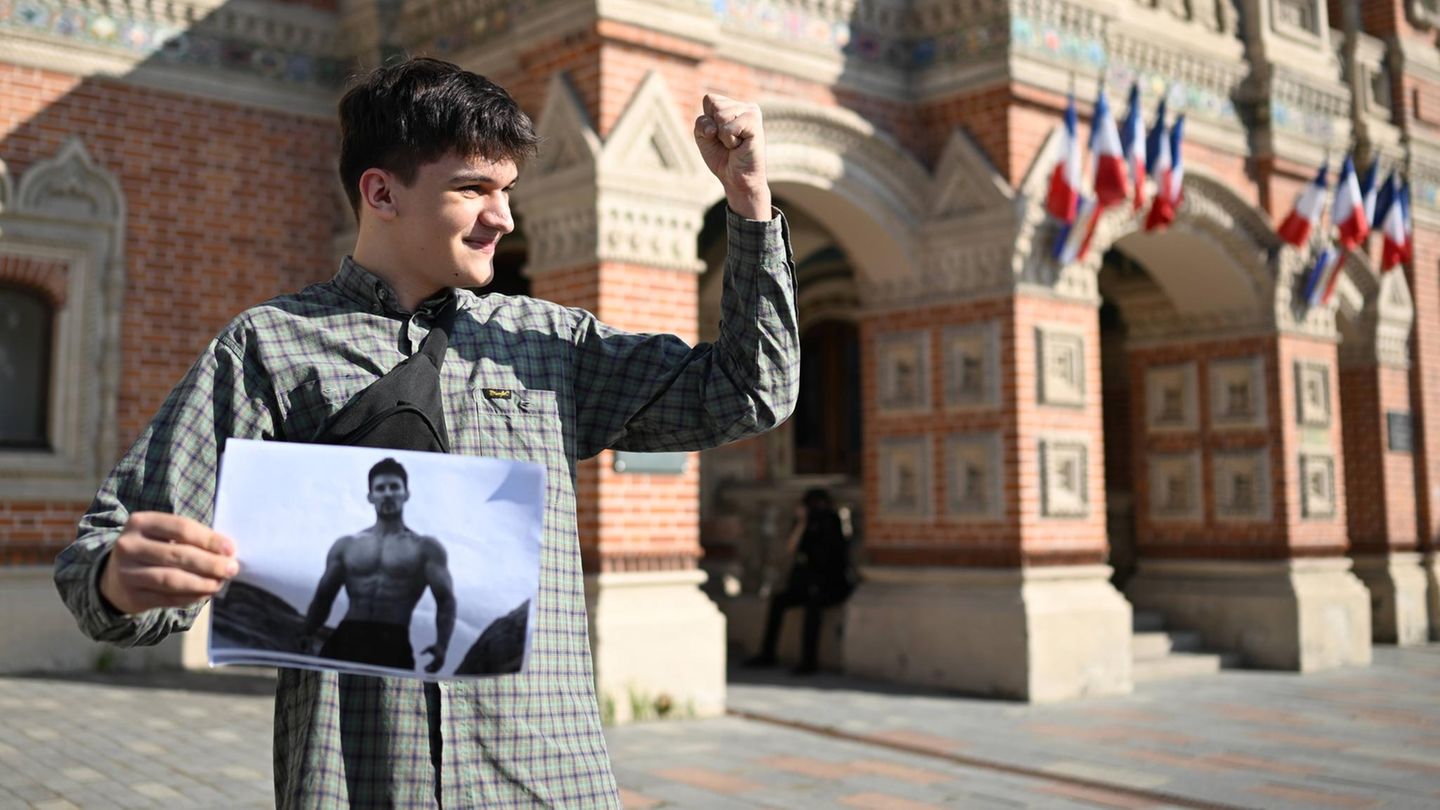Opinion
The defenders of Telegram founder Pavel Durov see his arrest as state censorship. An absurd accusation.
Only a few hours after Telegram founder Pavel Durov was arrested at Paris’ Le Bourget airport, an illustrious group of defenders came to his aid. X boss Elon Musk posted an interview that right-wing US presenter Tucker Carlson had conducted with Durov in the spring (in which Durov praised Musk’s purchase of Twitter to the skies) and wrote: “#FreePavel”. Carlson himself described the arrest as a “warning for every platform operator who refuses to censor the truth on behalf of governments and secret services”.

This is original content from the Capital brand. This article will be available for ten days on stern.de. After that, you will find it exclusively on capital.de. Capital, like the star to RTL Germany.
Politician and conspiracy theorist Robert F. Kennedy, who recently dropped out of the US presidential election campaign, said: “It has never been more urgent to protect freedom of speech.” Italy’s right-wing deputy prime minister Matteo Salvini claimed that Europe was now living “under censorship.” And whistleblower Edward Snowden called the arrest “an attack on the basic human right to free speech.”
The fact that Durow, the head of a social network and messenger service with 900 million users, was taken into police custody on Saturday evening sends a clear message to Durow’s supporters and defenders: freedom of speech and opinion is under threat. Why? One scenario is that, under pressure from the French authorities, Durow could give state agencies access to content that was previously encrypted and thus inaccessible to investigators, for example. They see Durow as a guarantor of the free exchange of opinions and news.
Telegram is a service for oppositionists – and criminals
But this view is too simplistic. Yes, Telegram is an incredibly successful and wide-reaching service that also serves opposition groups in authoritarian regimes to get their messages out to the people without being controlled by the media – this is currently happening in Russia. This is only possible because the messages are consistently encrypted – and there is no need to fear that the intelligence services are reading along.
But it is also a service that is used to spread extreme political views, hatred and even terrorist messages. And on which, protected by anonymity and encryption, all conceivable forms of organized crime find their place: “Telegram supports and facilitates online and offline crimes all over the world,” said criminologist David Maimon of Georgia State University in March. “It ranges from fraud to trafficking in weapons, drugs or even people.”
And that is apparently also the focus of the investigations in France, which ultimately led to Durow’s arrest on Saturday: The focus of the investigations is the “lack of moderation and cooperation on the platform, particularly in the fight against sexual violence against children,” said Jean-Michel Bernigaud, head of the investigative authority Ofmin. France is not alone in this: German ministries and investigative authorities have also had problems enforcing existing laws on Telegram for years.
Consistent action by the French
Investigators’ demands to release user data were regularly met with resistance. In some cases, the German state was not even able to deliver letters to Telegram’s supposed postal address in Dubai. In the meantime, there were no responses to requests from the Federal Criminal Police Office for user data for over a year. However, the company is now responding to official removal orders again, a spokeswoman for the Federal Ministry of the Interior said in the spring.
France is now taking more consistent action against this and by arresting Durow it is probably only trying to force what Telegram should have been doing for a long time under current law: assisting with investigations and preventing serious crimes. No one has yet been able to explain in a meaningful way what consistent action against paedophilia, for example, has to do with restricting freedom of expression.
Unless, of course, you have a particularly simplistic worldview – as apparently X boss Musk does. He also wrote on Sunday that moderation is just “a propaganda term for censorship”. However, there is no freedom of expression on platforms where hate speech and calls for terror dominate – the law of the strongest applies there. Putting a stop to this is the job of the legislator. For this reason, there are corresponding rules and regulations in France, Germany and the entire European Union. Now they are being enforced – and Durow is facing a normal legal process.
Incidentally, several Russian government politicians also criticized Durov’s arrest and called him a “political prisoner.” Of all people! These are more than cynical statements, coming from a country that once drove Durov into exile with political repression – and in which fundamental human rights such as the right to freedom of expression are now being trampled upon. But Durov’s defenders are not interested in that.
Source: Stern




